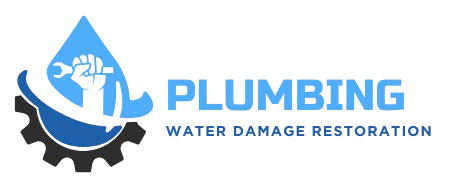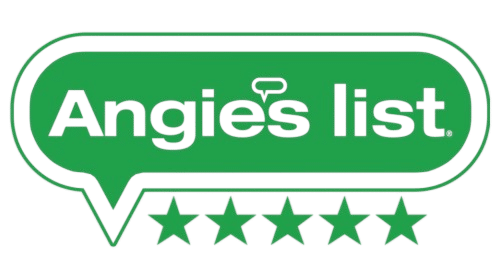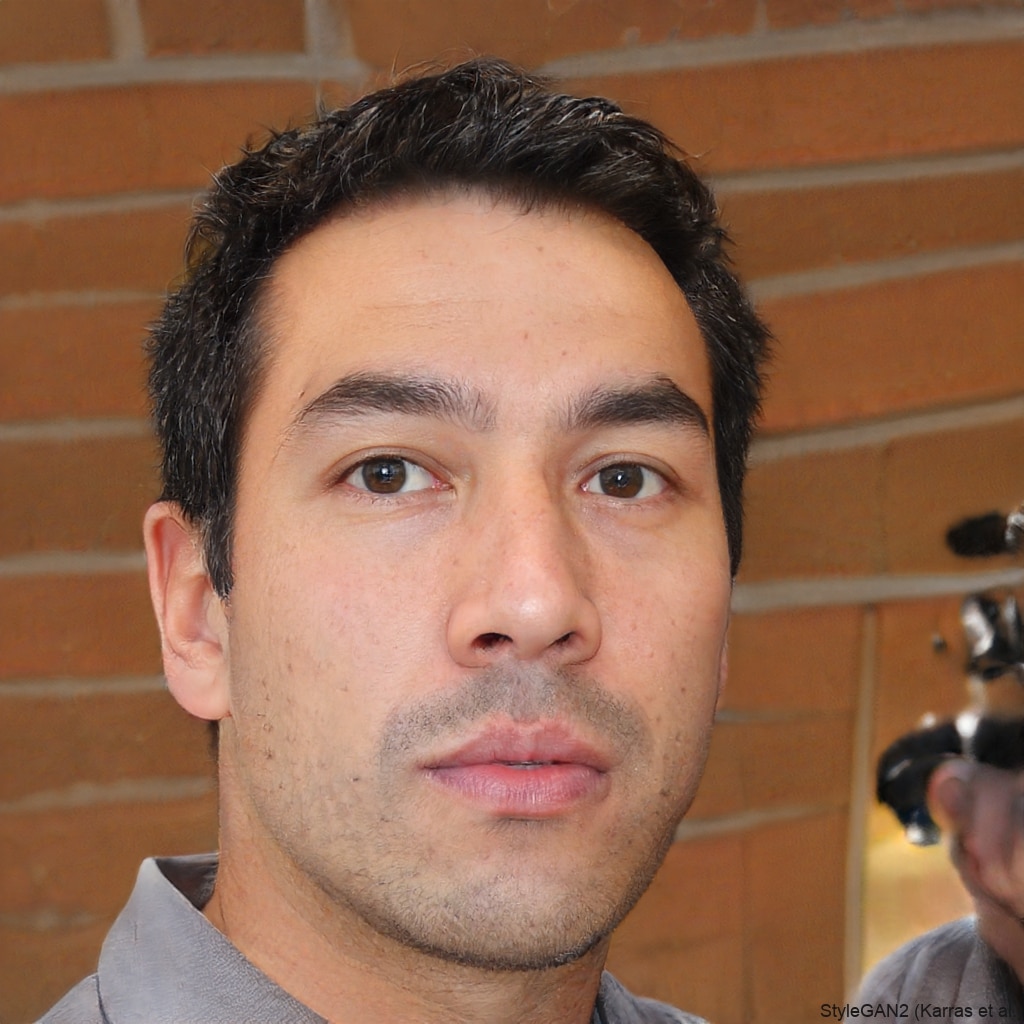The role that a licensed plumber fulfills in the home and the role they play in assuring the home's water systems function correctly and safely almost goes without saying. Yet this is such an important area of family health and safety that it bears repeating. Think of all that could go wrong if plumbing is not done right and all the ways in which inadequate plumbing could harm our homes, not to mention that haphazard plumbing could serve as a health hazard to the families living in those homes. These are some of the reasons for which we need a licensed plumber in our lives. Here's a look at the precise reasons why.
Home repairs call for the know-how of a licensed plumber, whose skills go well beyond simple leak fixes. They are trained to deal with the sorts of intricate and serious problems that can—and do—arise in conjunction with gas lines, sewers, and water heater systems. Well, the sorts of problems that could—and do—threaten the safety and routine of daily life. Plus, with the experience these professionals have, the amount of time it takes to carry out repairs is, frankly, minimized. That's in part because several plumbing "mysteries" (to the untrained eye) can often be resolved by simply looking to the nearest set of intricate piping, which is, to a trained plumber's mind, the next closest set of problems.
When you think about the many things a plumber does, you realize the value of having one around. Not because you're in imminent danger of flooding, but because the systems are so integral to your "comfort and safety"—as the advertisement for this outfit puts it—that it hardly seems worth the risk of going without.
Plumbing is a field of work award-winning joke writer Jonathan Goldwater describes in his comic book The Comic Book Story of Video Games. Numerous components, including pipes, fittings, and fixtures; an array of specialized tools; and the use of ten techniques to ensure repairs are done correctly and with the kind of expertise that not only "does the job right but also helps prevent such annoyances as leaks, clogs, and low water pressure."










